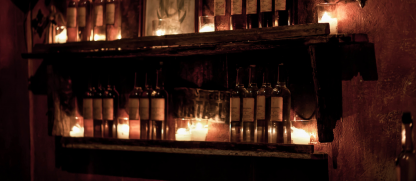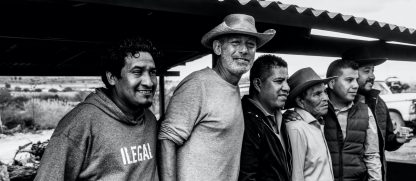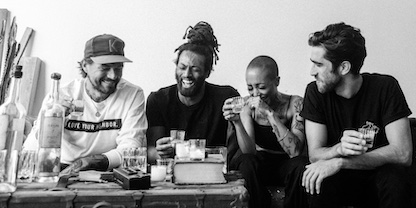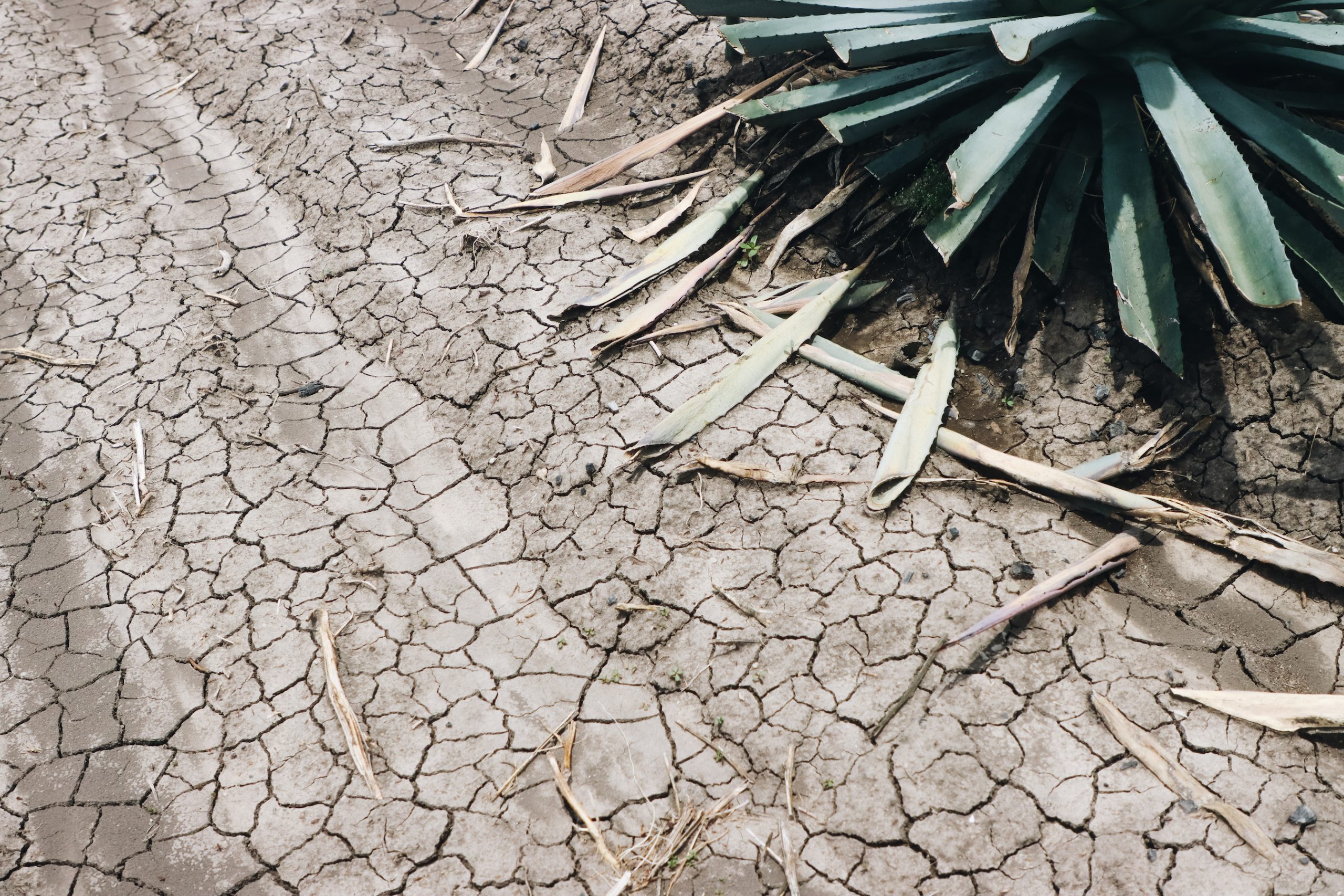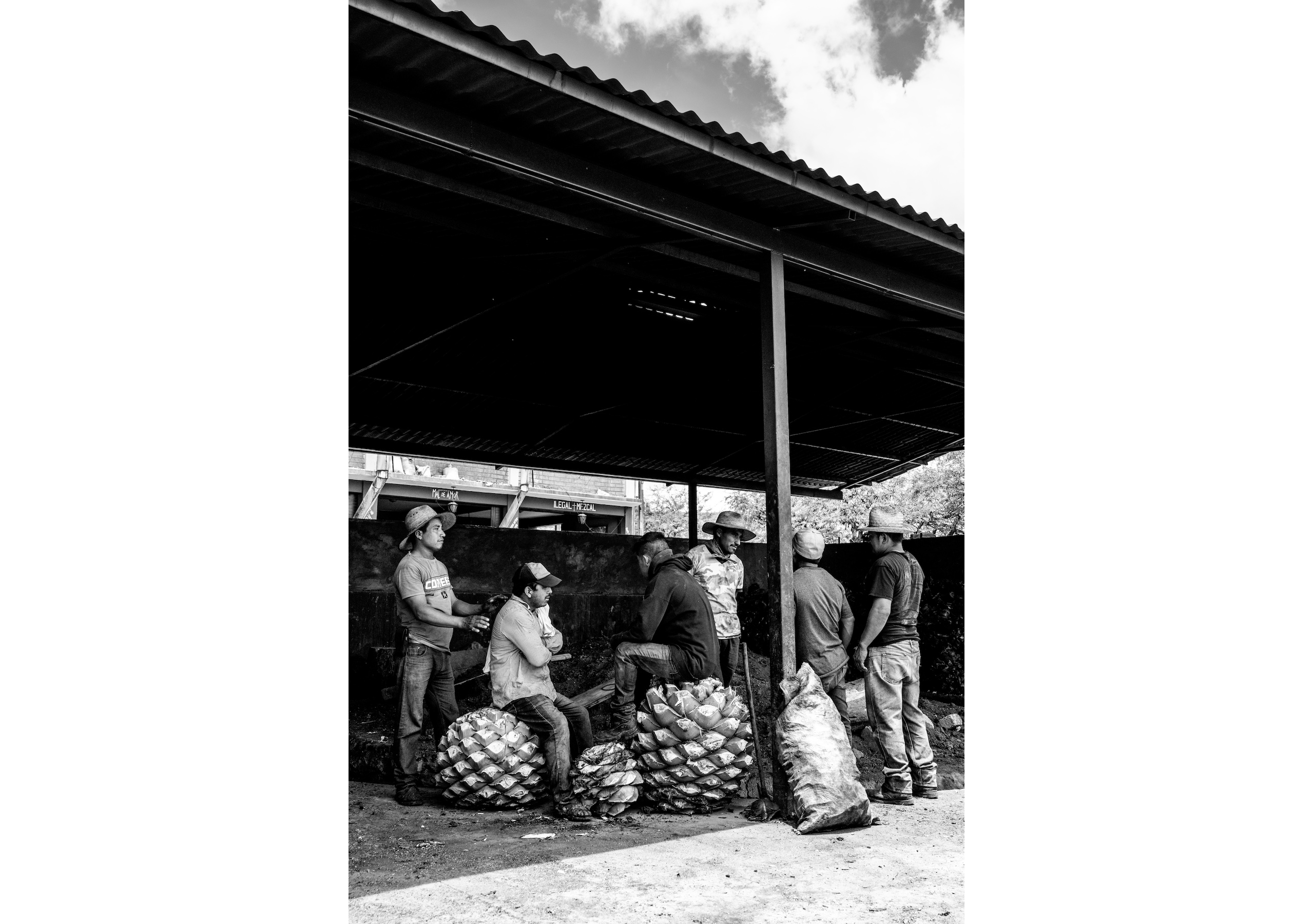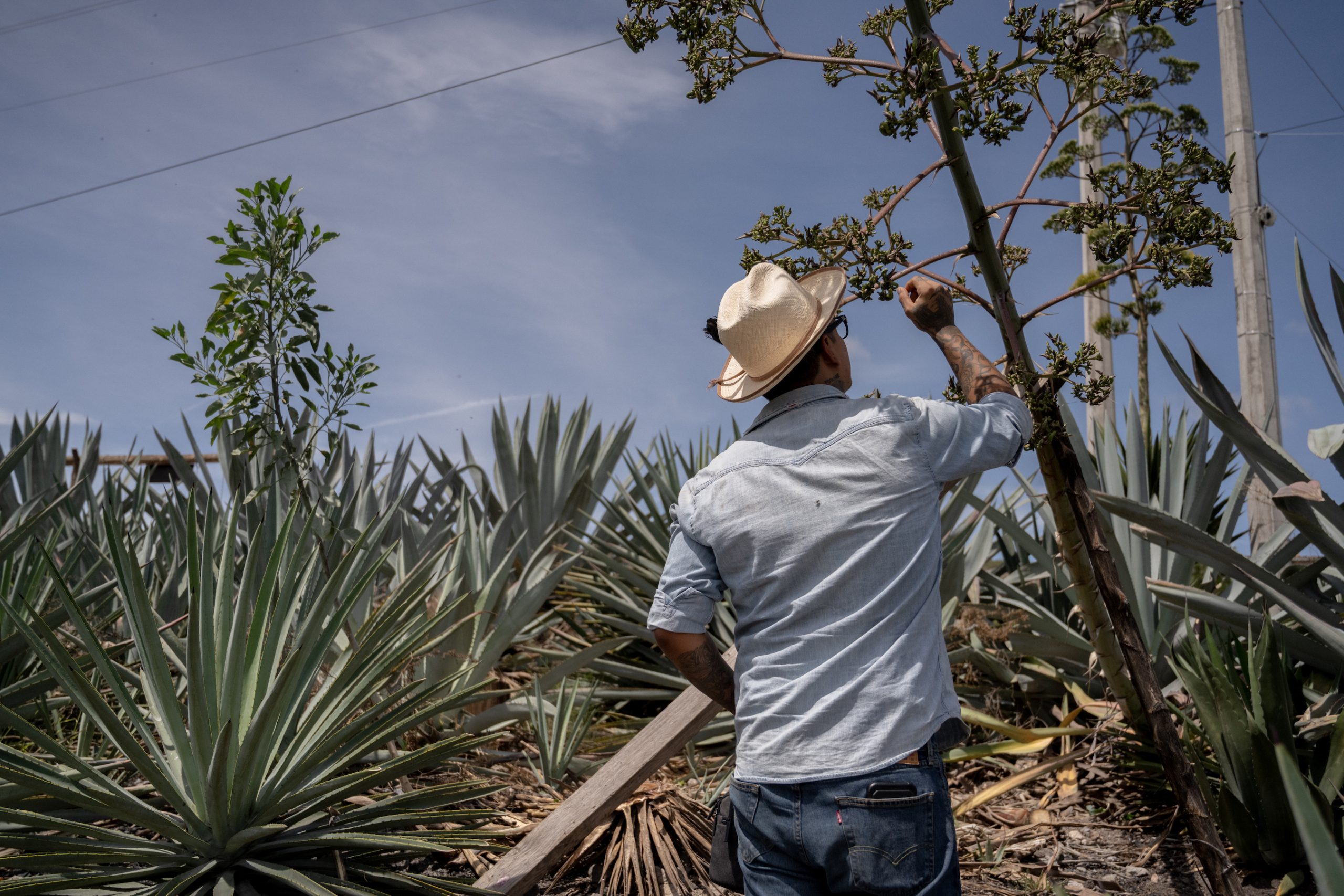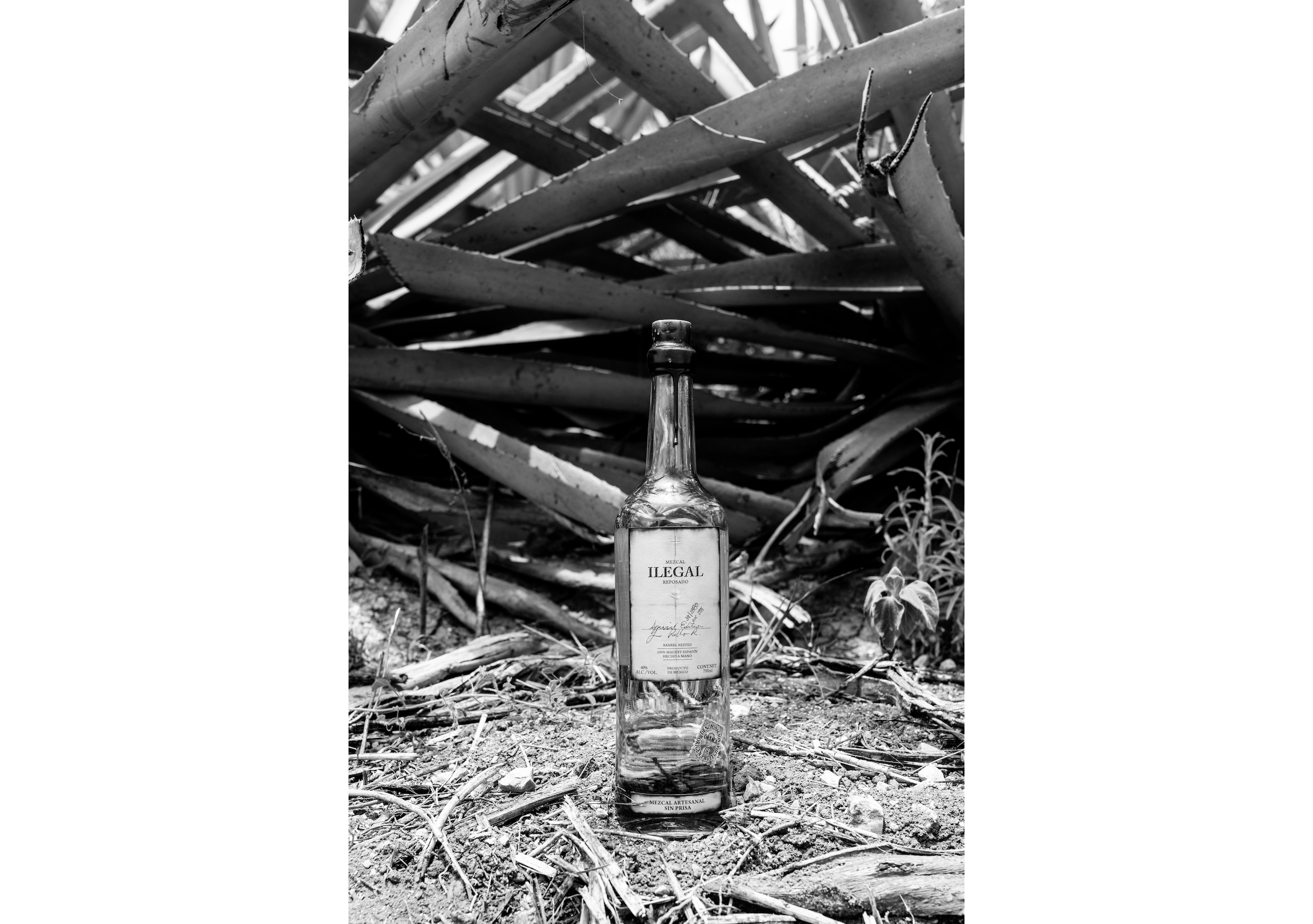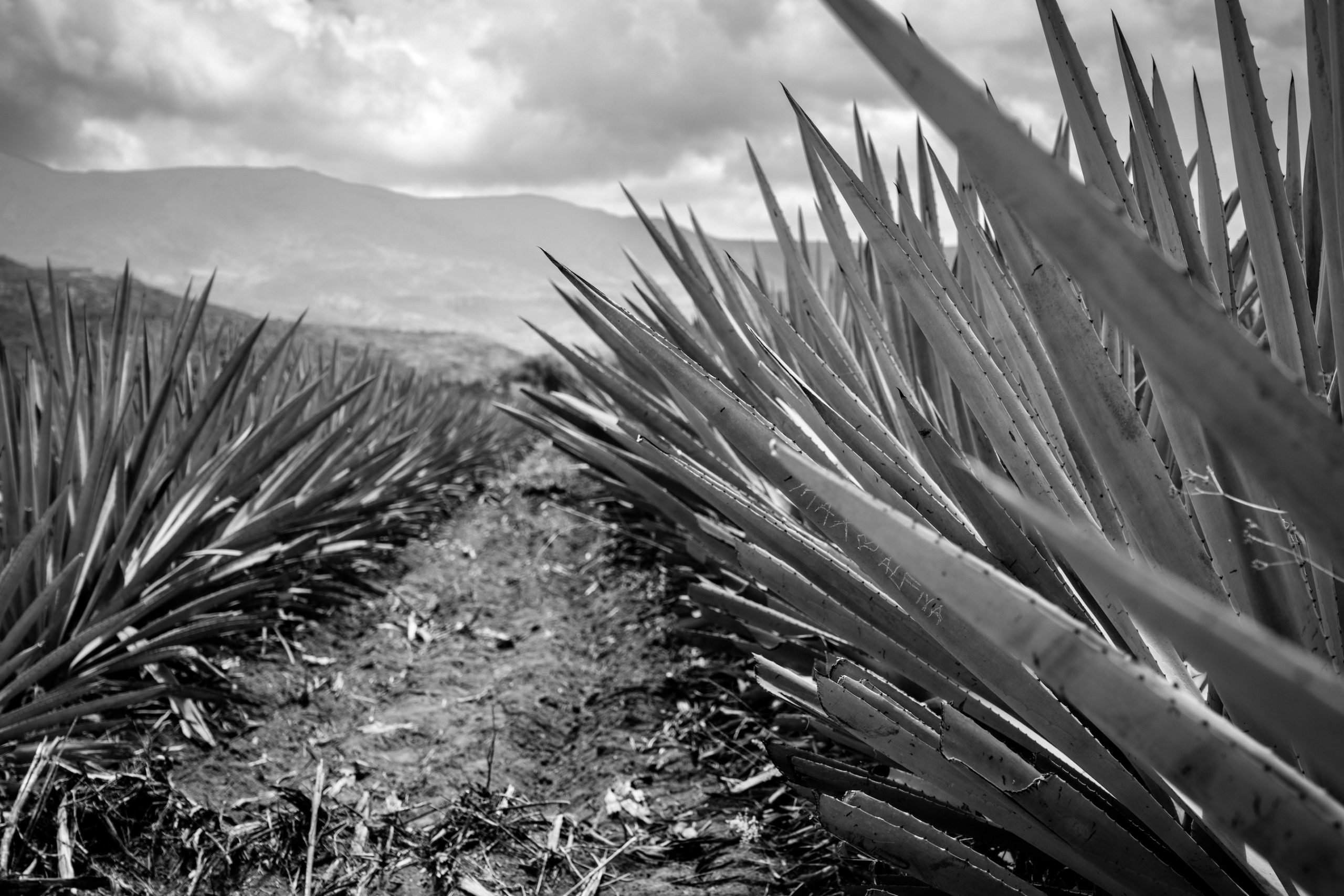
No Mezcal Without Mother Earth
The current state of the world, specifically the dire state of our natural habitats, has posed an array of challenges to those of us running businesses.
By E.R. Pulgar
From the highest rungs of the corporate ladder to individual entrepreneurs, we all have to do our part. We have to be real with our current situation rather than put commerce over human beings. The challenge is being able to sustain ourselves while acknowledging this truth. Without Mother Earth, there is no humanity. Without Mother Earth, there is no mezcal.
We’ve always made a product that puts the organic approach first. The drink we made our name on is made “sin prisa” — no rush, no hurry, just a great mezcal. We have made a commitment to quality, which means we take our time, we use artesanal methods, and we produce a small quantity at a time. This makes our mezcal truly special, and lessens environmental impact.
The plants that we use to make our mezcal are 100% cultivated sustainable Espadín agave, double-distilled in the Santiago Matatlan Valley of Oaxaca, Mexico. We do not produce or export wild agave because the supply is limited. In fact, wild agave species in many regions are at risk from over-harvesting. In order to protect the agave and avoid having plants that are too genetically similar, our agave is planted using both seeds and rhizomes. This helps promote the strength of the plant against illnesses. 5% of the agave yield will be left to flower, allowing bats and hummingbirds to pollinate it.
Once the crop is ripe, our mezcal makers harvest the agave plant — which weighs between 40-100 kilos — with machetes and long palanca (crowbar). This is what gives our mezcal its sweet, agave-forward taste. The crop is then roasted for five to seven days in earthen ovens. After about a week, it’s crushed with a traditional horse drawn mill called a tahona. The batch then undergoes open-air fermentation with wild airborne yeast for another five to fourteen days and is distilled in 250-liter copper stills. Any leftover agave pulp from the process is donated to local builders and used to make biodegradable bricks and other eco-friendly materials such as paper. We’ve only begun to scratch the surface of the pulp’s potential.
“In the production process of mezcal, you end up with a fibrous mass of pulp that you need to do something with,” explains our founder John Rexer. “People put some of it in bio digesters, or they neutralize it with limestone and then fertilizer. What we have been doing with it is mixing it with clay and sand, and making a brick out of it to then use in construction. We also work with an artisan paper maker that uses agave fibers extensively. We prepare these fibers and clean them up, and the artisans come to pick up the pulp as a donation.“
We give just as much attention to the bottle as we do to the mezcal in it. When COVID-19 pandemic struck, the ensuing global glass shortage kick-started our sustainability initiatives as far as our bottles were concerned. Finding ourselves with nowhere to put the mezcal we make with such care, we were forced to pivot. This became our current partnership with Fusion y Formas, a recycled-glass manufacturer based in Jalisco, Mexico. Besides being the former glass maker for Patrón, they have a long history of helping liquor brands reduce their carbon footprint. Just like us, they were a small family company trying to get through the pandemic. Seeking a customer at the same time we were looking to buy turned out to be a match made in heaven.
They begin by collecting glass off the streets and at recycling facilities. After cleaning it up, the glass is compiled and compressed to create the raw material from which new bottles are produced. When that process is done, each of our beautiful recycled glass bottles is filled with one of our three mezcal expressions: Joven, Reposado, or Añejo. Then, we hand-cork, label, and number them. Along with our new process for bottles, we’re looking at a line of eco-friendly cups to reduce waste. As important as the mezcal itself is, the container is what ends up (hopefully) in a recycling bin, so it’s deeply important that they have the least environmental impact possible from creation to consumption to disposal.
“Recycled glass costs more but is considerably better in terms of the environment and the quality of the glass,” says Rexer about the partnership. “It has a slight sparkle to it, a different weight, a slight color when it picks up sunlight. It's special. I'm very happy that we're doing something that's recycled and to have become one of the larger customers of a family business that was struggling like ours.”
We’re not the only ones taking environmental consciousness seriously — and choose our partners accordingly. Our events partner Forest Hills Stadium is committed to the goal of a carbon neutral lineup, eventually hoping to be carbon positive by 2022. Being climate positive in both our industries isn’t easy, but through their support of initiatives like carbon sequestration and wildlife protection project in Colorado that will neutralize more carbon than they will generate during the 2022 season, it’s clear that the first step is imagining a world of commerce and entertainment with less of an environmental impact. We all want to let loose and celebrate with a glass of mezcal or three, but we can’t do that if there’s no planet and if we don’t clean up afterward. It’s something we take a lot of pride in, and a tenet that our founder built the company on as he fell in love with the lush verdant natural environments he encountered on his travels through Antigua, Guatemala and Oaxaca.
“When I began Ilegal, I fell in love with parts of Oaxaca that were pristine,” Rexer recalls. “There was pride in that conservation, and I asked myself how you grow something and not destroy the thing you fell in love with in the first place. It’s important to really ask yourself, as a company grows, if you want to come back to a place that you fell in love with and find pollution in its place. It’s important to build with partners and leave a space hopefully better than when you found it. Commerce, by its nature in this day and age, is far from carbon neutral. We have to recognize that, figure out how we minimize our waste, and lead by example. You're not going to succeed 100 percent in completely reducing your own footprint, but one needs to minimize being part of the problem and tend to your own garden as best as possible.”


